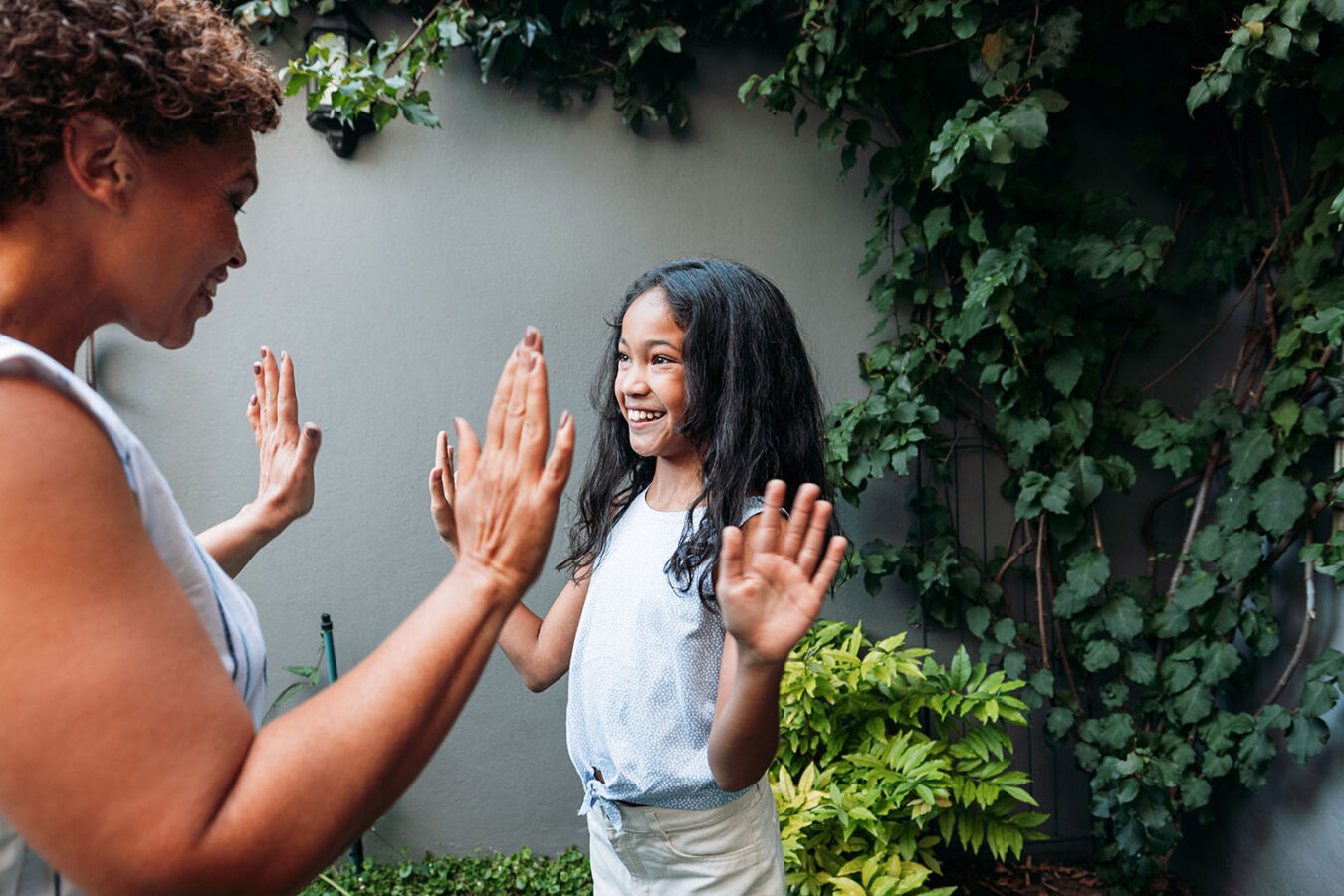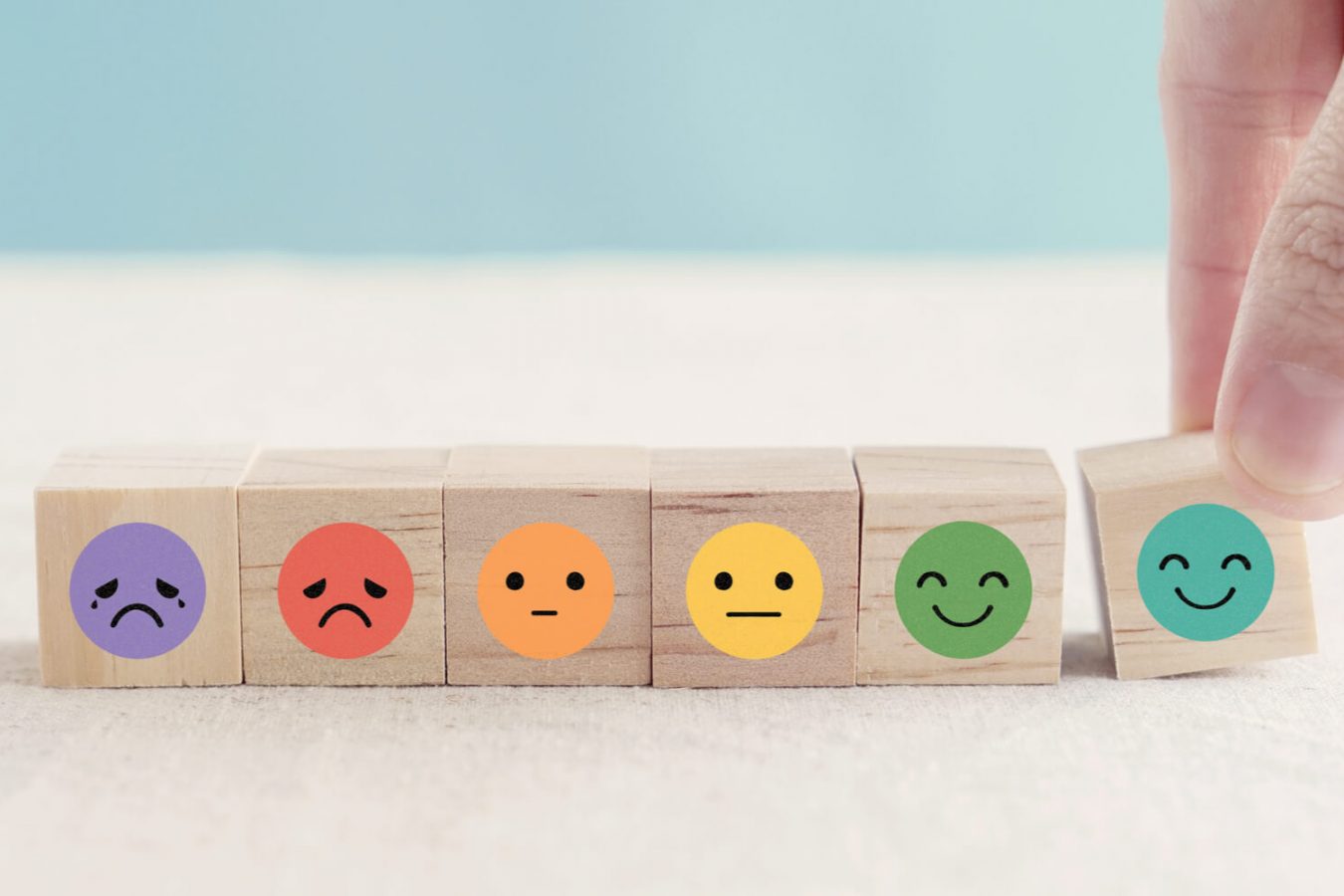
Best known for raising awareness about anxiety and depression, beyondblue has now produced resources to support children develop resilience.
Experts agree that our childhood experiences stay with us throughout our lives. Indeed, they play a vital role in shaping our identity. So how can we as educators, parents and the community best prepare children for life’s ups and downs? How can we protect and foster their sense of resilience?
beyondblue is perhaps best known for its work raising awareness of depression and anxiety. For years, we have supported schools and early learning centres to create environments that protect the mental health and wellbeing of students around the country. This is important work and something that we will continue to build on because we know that half of all mental health issues begin before the age of 14. A 2015 survey found that over half a million children in Australia had experienced mental health conditions in the previous year.
One of our most recent developments is in children’s resilience. We commissioned new research to examine the concept and application of resilience approaches in children aged 0-12 years. The emphasis was on producing something practical and tangible – evidence-based strategies to support educators and other professionals in the work that they do with children in the early years and through primary school.
Experts agree that increasing resilience among children aged 0-12 could potentially prevent mental health issues during childhood and later in life. Not only that, children would learn coping skills from an early age so that when the going gets tough, they are in a better position to deal with it.
The Building Resilience in Children 0-12 Practice Guide aims to create a shared understanding of children’s resilience and highlight the best ways to build resilience through everyday strategies and structured interventions. The guide takes the research and distills it into practical examples and scenarios that educators can readily use to support children.
Some of the strategies found to help develop resilience in children include:
- Talking about feelings – encouraging children to discuss their feelings can help them better understand, and regulate themselves.
- Supporting independence – simple challenges can help them develop strategies to cope when they feel uncomfortable and build their autonomy.
- Building closeness with family and friends – knowing they are loved helps build self-esteem.
- Promoting healthy thinking habits – positive thinking can be learned and used to overcome routine mental obstacles.
- Allowing children to experience healthy challenges and learning how to deal with disappointment.
More broadly, the guide seeks to build a common language and understanding about what resilience means. With a common approach, the strategies and messages used to build children’s resilience in schools, early learning services, and other community-based settings etc – and also in the home – can be reinforced.
We also used the guide to produce practical, evidence-based tips for parents and other caregivers – things that they can do in the home to reinforce the strategies and messages within the guide. Schools and educators can share this information with their families, by accessing the information on the beyondblue Healthy Families website.
The Building Resilience in Children 0-12 Practice Guide can be downloaded at beyondblue.org.au/resilience-guide.
Like this post? Please share using the buttons located on this page.
Subscribe to The Parents Website

